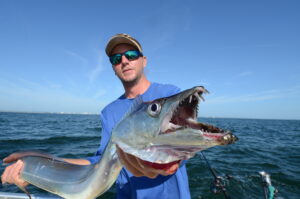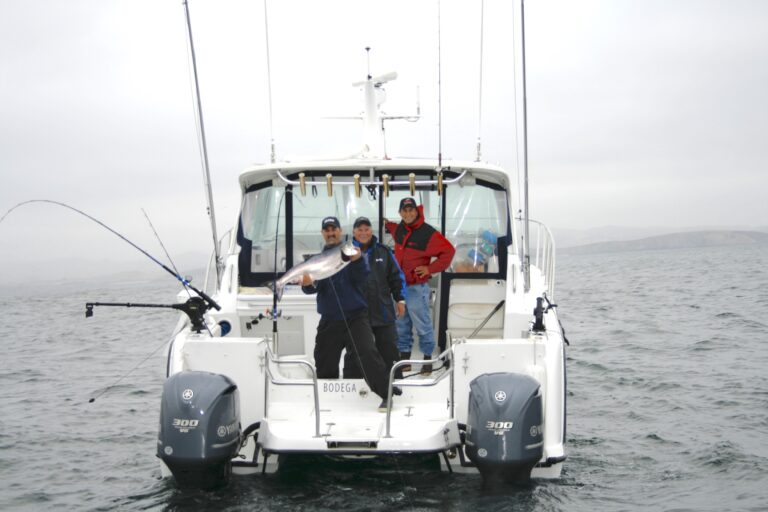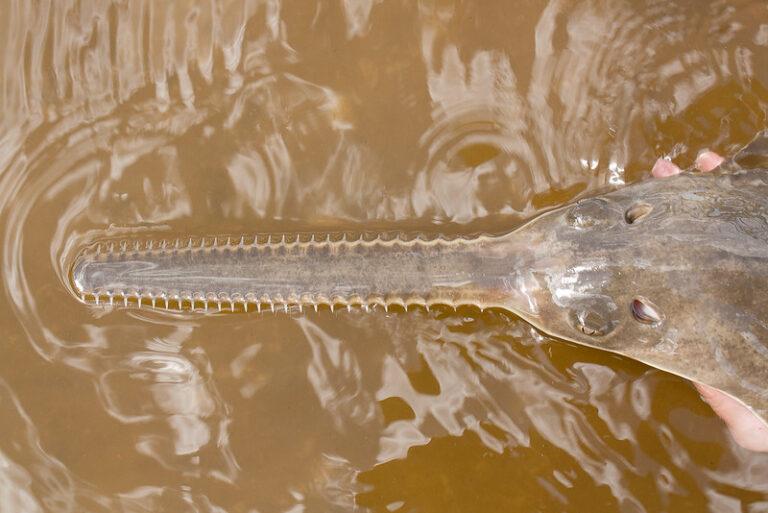WASHINGTON – U.S. Representatives Tom Allen (D-Maine), William Delahunt (D-Mass.), and Robert Simmons (R-Conn.) today introduced the bipartisan “Fishing Quota Standards Act of 2005,” H.R. 3278, to ensure that quota systems, often touted as the management solution to our declining fisheries, would give fair and equitable opportunities to small fishermen and fishing communities and would responsibly protect marine environments.
“I am pleased to introduce this bipartisan bill to create national standards for fishing quota programs. Ensuring that standards are in place prior to the development of quota systems is an important part of sustainable fisheries management. Local, coastal fishing communities and family-operated fishing businesses are integral to Maine. With the likely reauthorization of the Magnuson-Stevens Fishery Conservation and Management Act this Congress, I want to be sure that the voices of Maine fishermen are heard in the national debate over these standards,” said Congressman Allen.
“Passage of this legislation is a critical step toward protecting small boat fleets and the communities that depend on them,” explains Congressman Delahunt.
“Individual fishing quotas can be an effective fishery management tool if and only if strong national standards are in place to protect fish populations, the marine environment, and the interests of fishing communities,” said Lee Crockett, executive director of the Marine Fish Conservation Network. “Congressmen Allen, Delahunt, and Simmons’ bill creates a solution to the potential pitfalls of quota systems and ensures that they accomplish all that their proponents want them to.”
Individual fishing quota (IFQ) systems use quota shares to give fishermen exclusive access to a fixed percentage of the total annual quota in a fishery. The Bush Administration promoted these systems in its U.S. Ocean Action Plan released in December in response to the U.S. Commission on Ocean Policy report as the primary way to stop declining fish populations.
Documented research has shown that IFQ systems without strong national standards often create multiple economic and environmental problems. For example, IFQ systems give an unfair advantage to large corporations and industry participants who have more capital to buyout other quota share holders. These systems also create incentives to throw less valuable fish back dead or dying, and to promote stewardship only for fish species with a high market value.
“Fishing is America’s oldest industry and remains important to every member of our community. But without healthy fish populations, our jobs are gone. This bill conserves the resource that we all depend on, allows fair competition, and protects our way of life,” said Mike Abdow, a commercial fisherman from Chatham, Massachusetts.
“What fishermen fear the most with quota systems is that bigger players will buy up all of the quota shares leaving smaller fishermen high and dry,” said Gary Soderstrom, a commercial fisherman from Clatskanie, OR and president of the Columbia River Fishermen’s Protective Union, one of the oldest commercial fishing associations in the nation. “Fishing is still bread and butter for many families on the coast and consolidation of quota shares threatens those families and their communities.”
The Fishing Quota Standards Act of 2005 would:
Require IFQ systems to demonstrate strong conservation performance, such as reducing bycatch (the catching and killing of non-target species) and protecting essential fish habitat, or be subject to modification or limitation during system renewal.
Prevent fishermen from holding shares in perpetuity and excluding other participants by determining that quota shares are not property rights and may be renewed every seven years.
Recover the direct costs of the IFQ system, including enforcement, management, and data collection.
AdvertisementPrevent industry monopolies by limiting quota ownership to one percent of the total quota unless a council can demonstrate that such an increase will not be detrimental to other shareholders.
Allocate quota fairly among vessel categories and gear types, giving initial preference to fishermen who have a long history of participating in the fishery.
Allow fair access to new entrants, including entry-level fishermen, small vessel owners, and crew members.
NOTE: For more information on the bill, please see the attached fact sheet, “The Fishing Quota Standards Act of 2005,” or visit http://www.conservefish.org/site/mediacenter/pressreleases/.









